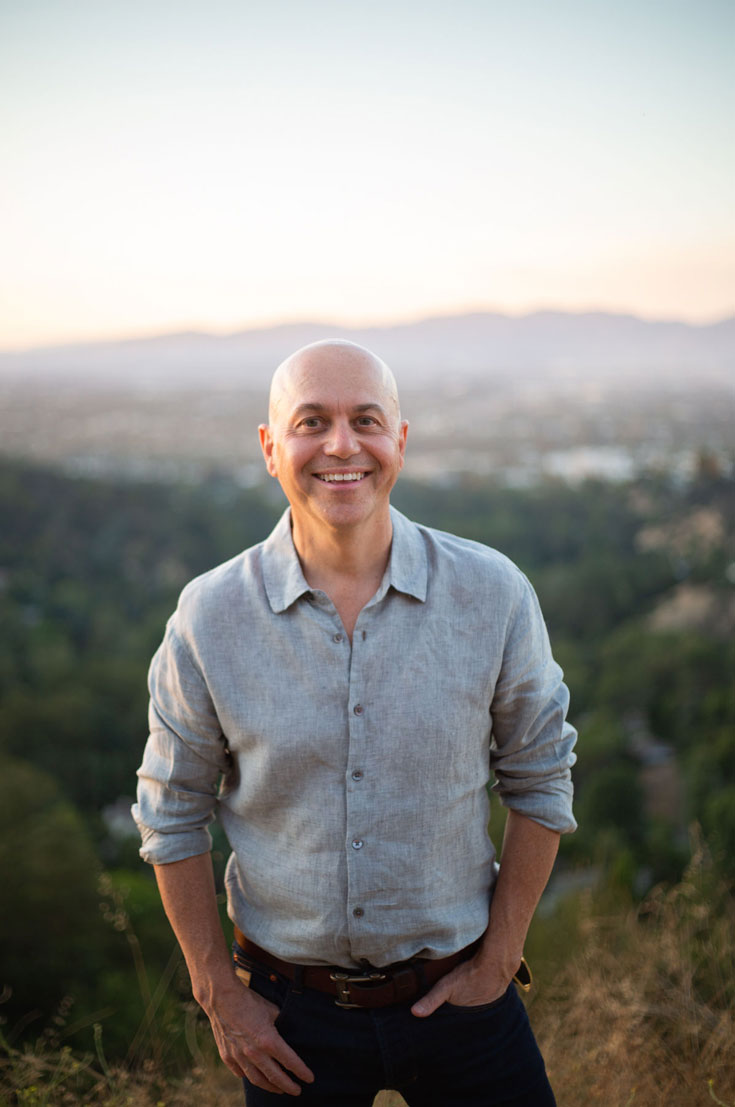Every writer hears the old song: “Write what you know.” This can be misunderstood.
The fact is, we don’t write what we know, but rather, we write the nature of our experience. A plumber doesn’t have to write about toilets. They can write about nine-foot green goblins on another planet — because those goblins are still a reflection of ourselves. If you’re a first-time writer, don’t worry about writing what you know. Allow your imagination to soar, and your perception of the world will naturally be filtered through your experience.
There is a single ingredient that separates the true writer from the wannabe. It is not talent, brains, or a privileged upbringing. It is simply this: curiosity.
There are two parts to our stories: the facts, and the truth — and they have almost nothing to do with each other.
Wisdom lies in the ability to see beyond the appearance of a situation to the reality. When we are lost in our story, we immediately default to the meaning that was installed in us. We often go through our lives in a quest for evidence to support our story, piling fact upon fact to support our misinformed thesis. But just because our story is factually correct does not mean it is true.
“Write what you know” really just means that you can trust yourself. It means that we can write with clarity on what we know to be true. The challenge lies in reframing the “facts” of our story in order to arrive at the truth.
Conquering “Conventional Wisdom” for first-time writers
If you’re not at least a little scared writing your first manuscript, you’re probably nuts. Every writing project involves surrendering what we thought we knew. It’s a humbling process.
The thing about writing our first novel, memoir, or screenplay is that we don’t know much. We haven’t walked this path before. There is something very powerful about not knowing. When you don’t know, you are not privy to conventional wisdom. That’s a good thing.
“Conventional Wisdom” will tell you that writing your first manuscript is nearly impossible, and it will give you a hundred reasons why you ought not to try.
But there is something more powerful. The desire to write is the desire to evolve. Evolution trumps “conventional wisdom” every time.
Go ahead. Write! Ignore the brilliant naysayers. They’ve been wrong before.
The time is now.
Learn more about marrying the wildness of your imagination to the rigor of structure in The 90-Day Novel, The 90-Day Memoir, or The 90-Day Screenplay workshops.






